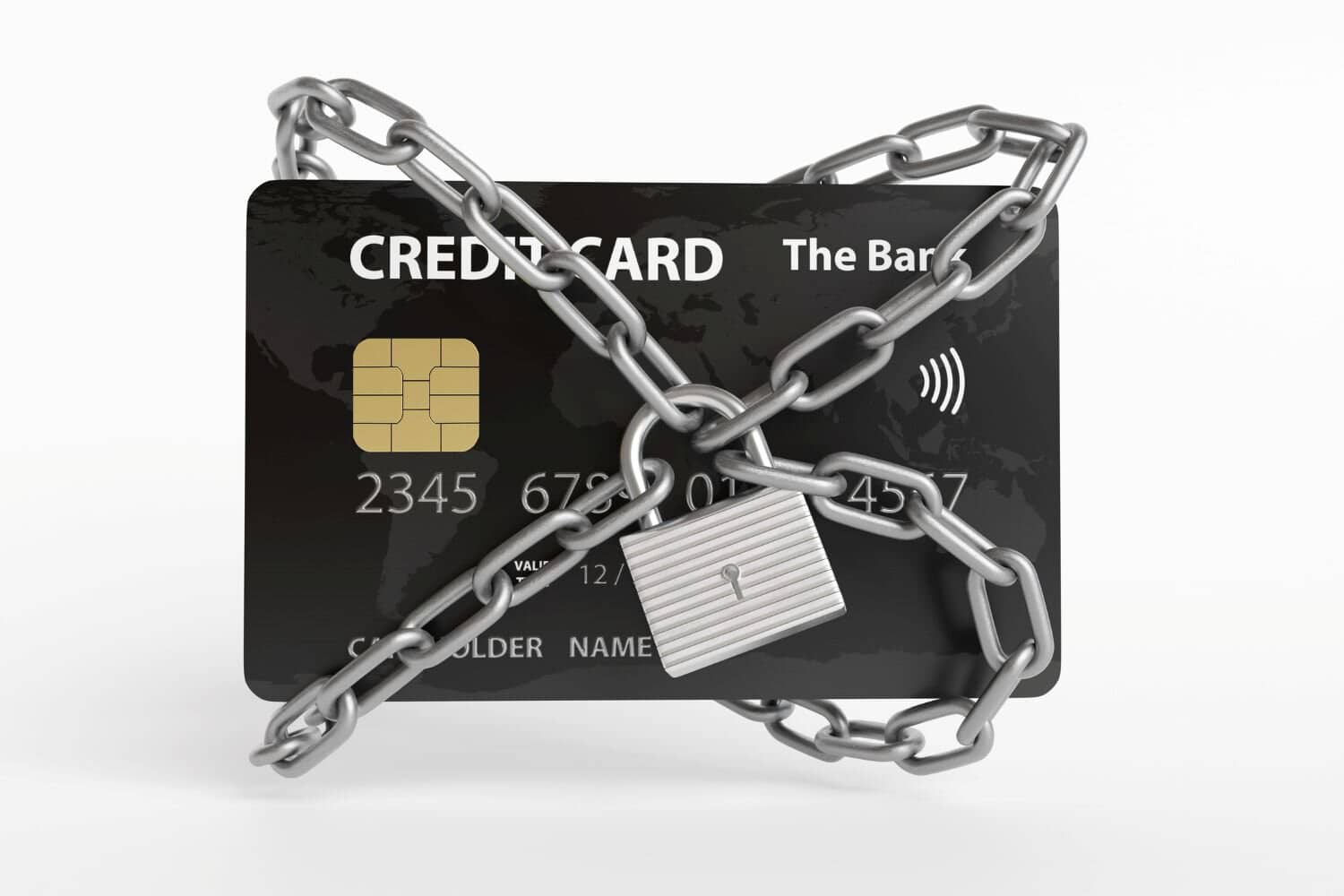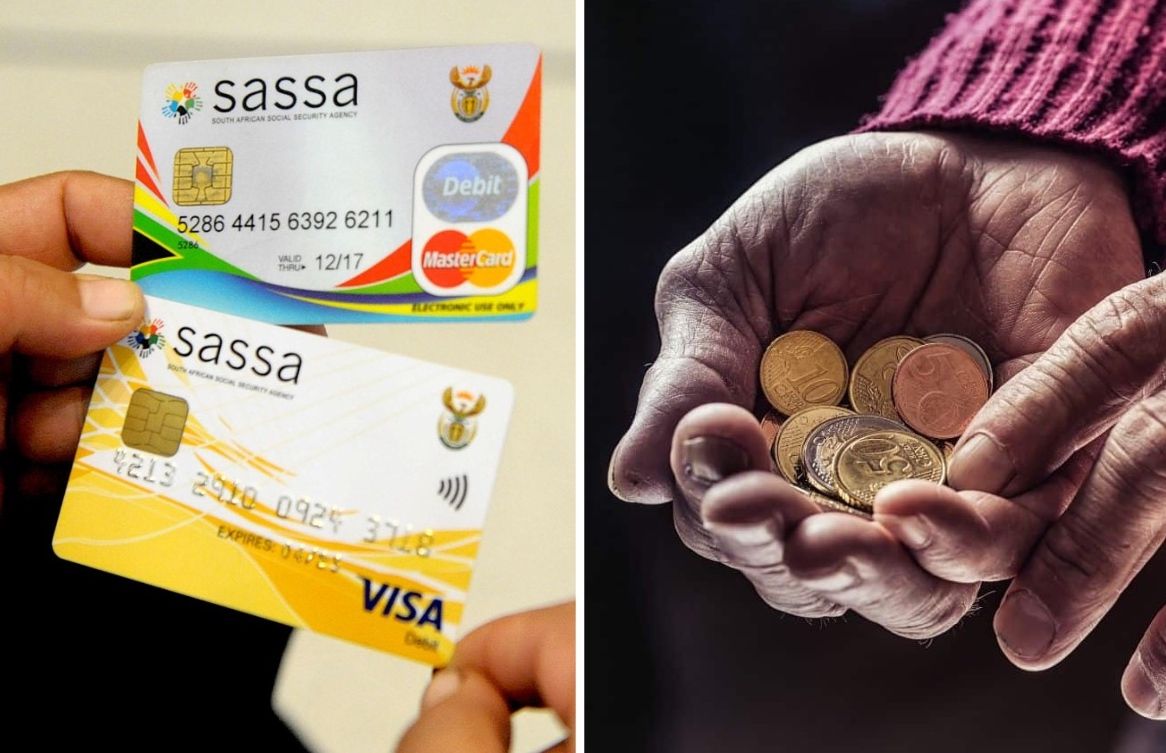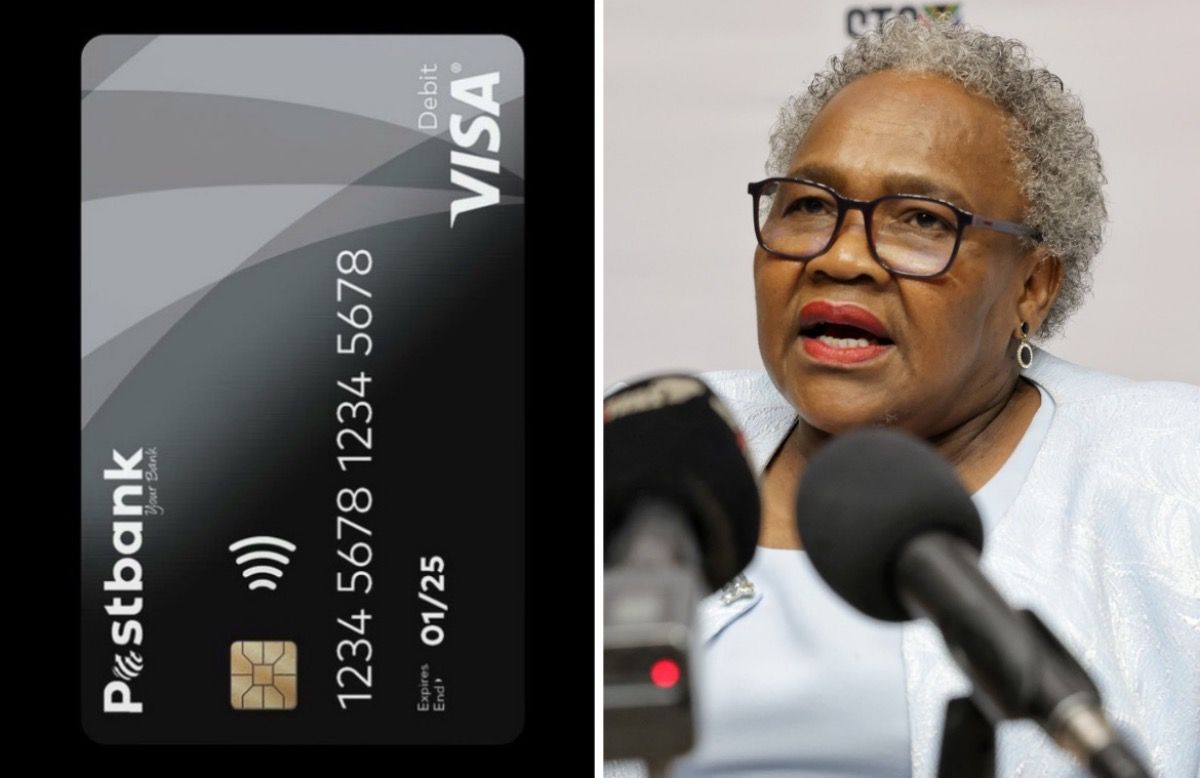Consumers are warned not to be lulled into a false sense of security that nobody can scam them and be on the lookout for scammers.
It is not only the Grinch who wants to steal Christmas. Many scammers are out there waiting to steal your money and your Christmas.
The festive season is here at last and for most of us, that means it is a time to relax and unwind with family and friends. However, it is also when scammers intensify their efforts because people are less vigilant and just received their bonuses which means some of us have more money than usual.
According to the South African Banking Risk Information Centre’s (Sabric) 2023 Annual Crime Statistics Report, a concerning rise in financial crime resulted in an economic loss of almost R3.3 billion.
The biggest increase was in cybercrime and Sabric notes that “criminals have begun to exploit advanced technology such as generative AI to perpetrate sophisticated fraud schemes, including fake e-mails and deepfake content.”
Another financial crime category that increased was fraudulent financial product applications. “Scammers typically attempt to obtain your PIN or one-time password (OTP) to steal money from your bank account or get you to reveal your personal details so that they can use it to apply for loans or other financial products in your name,” Gavyn Letley, from DirectAxis says.
“Because criminals are constantly evolving there is no ‘foolproof’ way to avoid scams. Everyone is potentially vulnerable, but you can reduce the chances of being caught out by being vigilant.”
He says you should verify everything before trusting the source, never share personal information, be cyber-smart, recognise red flags and keep tabs on your finances.
ALSO READ: Watch out for credit scams this festive season
Verify before trusting
- Check the authenticity of phone calls, messages, or e-mails pretending to be from banks, retailers, or service providers before providing any information. Do not provide your personal details on the phone even if the callers say they are from the bank or an IT company.
- Never click on links in e-mails or SMS messages. Contact them using official contact details, not those provided in messages.
- Be suspicious of messages claiming that you won a prize, inherited money, or are eligible for a low-interest rate loan.
Never share personal information – it could be scammers
- Never give anybody your password, PIN or OTP, even if they claim to be from the bank or a reputable company.
- Never share your ID number, address, or other personal information on social media platforms.
- Never throw out documents containing personal details. Shred or destroy them before putting them in the trash.
ALSO READ: How to spot the signs and avoid falling victim to online scams
Be cyber-smart
- Only shop on reputable websites with secure payment gateways (look for ‘https’ in the URL and a padlock icon).
- Use strong passwords for online accounts, ideally a mix of upper- and lower-case letters, numbers and symbols.
- Enable two-factor authentication wherever possible.
- Keep your bank cards and mobile devices secure, especially devices you use for online banking. Report and block any lost or stolen cards immediately.
- Do not access online banking, make purchases, or share sensitive information on public Wi-Fi. Use a VPN if necessary.
- Install and update reliable anti-virus software.
- Never allow unauthorised people to access your devices remotely.
- Never let unauthorised people into your home or devices even if they claim to be technicians.
Recognise red flags
- Beware of urgent payment requests for goods or services you did not order and unusual payment methods such as gift cards, cryptocurrency, or wire transfers. These are often used in scams.
- Scammers exploit goodwill with fake charity requests. Donate directly to known organisations instead of responding to random requests.
- Be wary of upfront payment requests for goods and services or to release prizes or other funds.
- Look for spelling mistakes, outdated logos, unusual e-mail addresses or non-business e-mail domains such as G-mail in communications.
ALSO READ: Banking scams are increasing – here’s how to protect yourself
Keep tabs on your finances
- Regularly check your bank accounts and credit reports for unauthorised transactions or sudden changes.
- Report any suspicious activity to your bank or financial service provider. Fraud departments can help investigate and shut down scam accounts or websites.
“Scammers identify and exploit vulnerabilities. Do not think you are too clever, tech-savvy, or sophisticated to be conned. You might spot 99% of the scams but only need to make one mistake. The best protection is to take note of scam updates from your bank and other financial institutions, keep yourself informed, be very careful and if you are unsure, err on the side of caution,” Letley says.
NOW READ: SA’s ATM fraud trends and festive season safety tips














